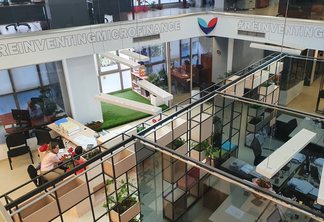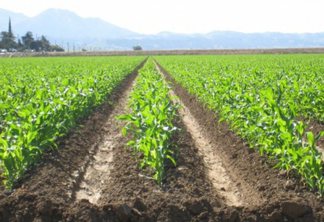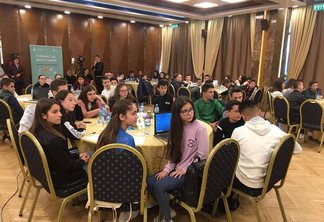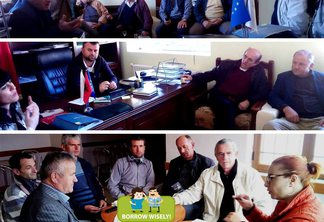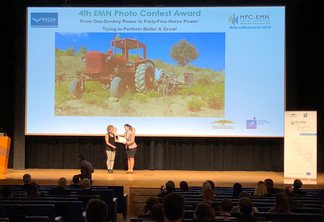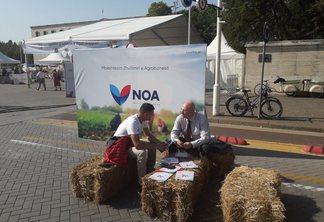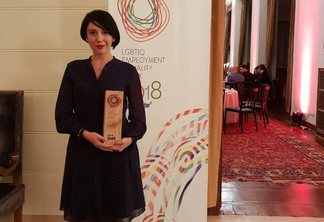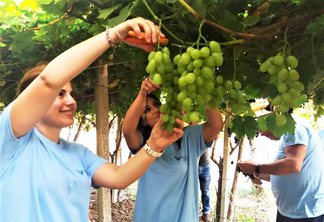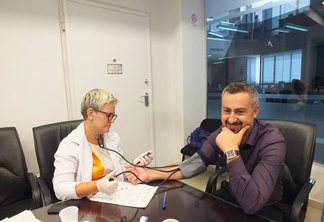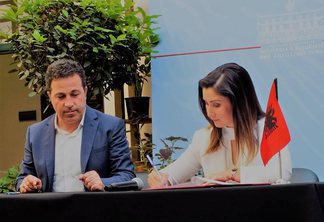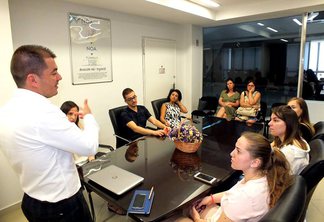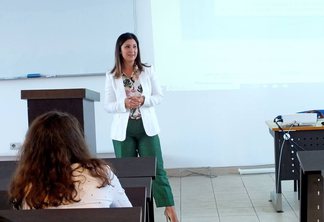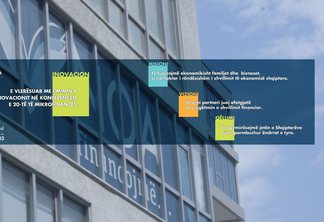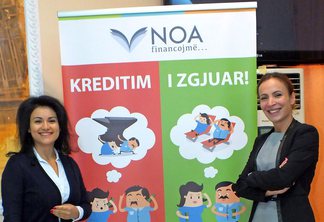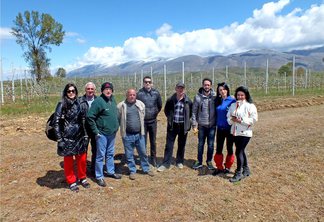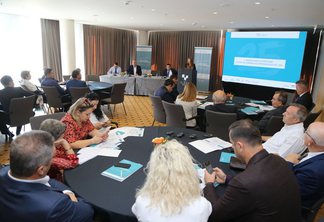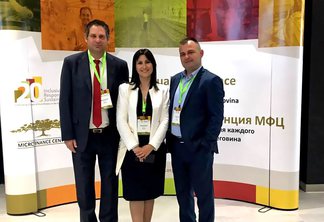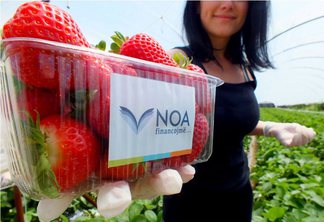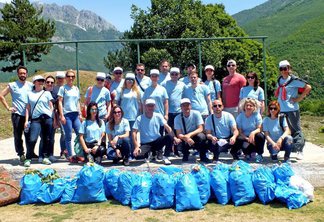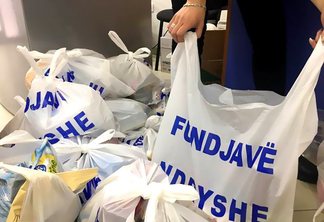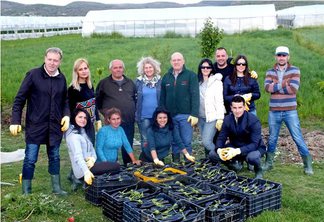
The potential of Albanian agriculture and financing opportunities
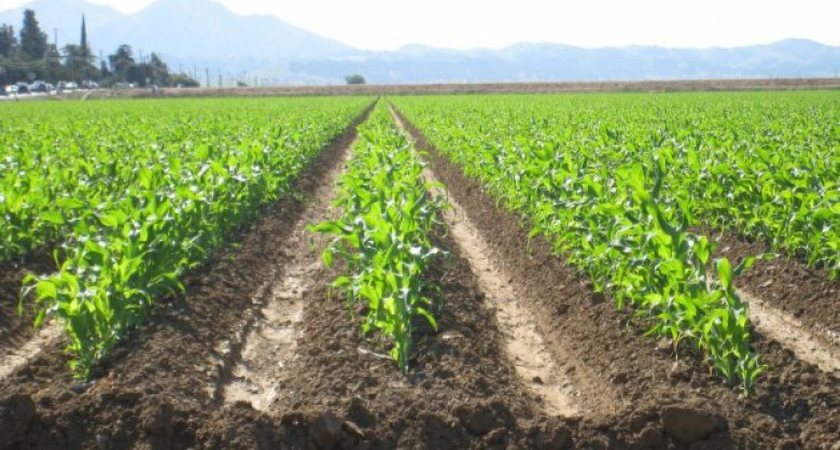
Upon receiving the status of candidate country for full membership in the European Union, Albania entered a new phase in the Euro-Atlantic processes, taking advantage of the funds available to support the fulfilment of the criteria for membership.
The Instrument for Pre-Accession Assistance for Rural Development (IPARD), aims to prepare the agribusiness sector to meet the requirements of the “aquis communitaire”, the effective implementation of the program and the use of EU funds.
1. What is the current situation of Albanian Agriculture?
Agriculture remains one of the sectors with the greatest potential in Albania. According to World Bank data, the contribution of this sector to gross domestic product in 2017 was about 20%, almost double the contribution of the same sector in the region (Kosovo 13.7%, Macedonia 11.2%, Montenegro 10.2%, Serbia 9.46%). Also, this sector dominates the employment market by employing about 44.26% of the total.
In 2014, the Albanian Government approved the program on “Inter-sectoral Strategy for Rural and Agricultural Development 2014-2020”, aimed at supporting, promoting and developing rural areas and agriculture, which was reflected in a budget increase from year to year, reaching 20 million Euros budgeted in 2018, in the form of subsidies and grants.
Despite the drafting of this program, the objectives set to be achieved in the field of agriculture, and the fact that agriculture continues to make a significant contribution to the state budget, it is not receiving due attention from the government, and the country continues to remain a massive importer of agricultural products, importing about 5 times more than it exports (according to INSTAT). This lack of attention puts the agricultural sector at the risk of major challenges, not only in production, but also in finding sources of funding.
In recent years, however, significant progress has been made in agriculture. The program of direct subsidies from the state budget initiated in 2008 and onwards, has yielded results by doubling domestic production and significantly reducing the trade deficit. This has affected the increase of planted areas and the profiting from subsidies by an average of about 7,000 farmers per year.
But more emphasis should be placed on financial support for investments instead of direct payments. Investments tend to increase agricultural productivity over a longer period of time, and at the same time are a better opportunity for penetrating European markets. This is true, because small farmers have few internal resources and have to look for external solutions, while financial institutions are not yet ready to handle long-term agricultural investments. Banks are more willing to give loans to farmers for investment projects which are supported by grants in the amount of 50-60%. This defines the important role of investment grant programs.
The IPARD Fund, as part of the IPA instrument, is dedicated to candidate countries for equal membership in the European Union, as well as their preparation for the use of pre-accession programs for agricultural and rural development. Absorption capacity for the use of EU funds is the ability through which the candidate country is able to use resources efficiently and effectively. Viewed from a national position, this capacity depends on three factors: the macroeconomic situation, opportunities for co-financing and administrative capacity.
2. What does co-financing in agriculture mean and how does it relate to grants?
Albania has just received the right to access IPARD grants, a program initiated in December 2018 with a funding value of about 17 million Euros per year (including the contribution of the Albanian Government). The support of the agricultural sector with grants has a feature related to the impossibility of advance payments for the implementation of contracted investment plans. For most beneficiaries this necessarily requires support from the banking system and microfinance institutions.
In this context, it seems that the time has come for banks and microfinance institutions to evaluate and treat loaning to the agricultural sector beyond a practice that focuses on short-term benefits. Financial institutions need to better understand the specifics of agriculture and the challenges faced by this sector, adapting financial products and services with innovative features that increase the efficiency of funds. The practices of neighbouring countries and the difficulties they encountered in implementing investments contracted by IPARD grants as a result of low access to the banking system, should receive the attention and evaluation of these institutions in Albania.
3. NOA sh.a. promoter of agricultural support
NOA has a clear and practical mission, which is the economic empowerment of family and business, as an important factor for the development of the Albanian economy in urban and rural areas. The institution is positioned close to the clients, extending with 26 branches in 14 districts of the country, and geographically covering 95% of the Albanian territory. The attention of the institution towards the development of agriculture is evident when it is seen that the financing of agricultural activities occupies a share of 25% of the total economic activities financed by the company, having about 2,700 active clients and covering about 60% of rural areas with service.
NOA is the second largest operator in the microcredit sector providing financial services by supporting entrepreneurs from all sectors including manufacturing, agriculture, livestock, trade and services, developing a quality and diversified loan portfolio. What distinguishes this institution from other microcredit operators are:
Product - Designing a range of financial products that are in line with agricultural activities with a special emphasis on flexibility, which gives the client the opportunity to choose the scheme that best suits his capabilities. The possibility of payment in instalments adapted to the seasonality of the business cycle, makes a difference between NOA and other financial operators in the market.
Promotion - Modelling a process of promotional campaigns focused on the benefits and advantages of fast products and processes, by attaching professional counselling sessions to the service.
Process - Investments in technology and lending through conducting a comprehensive analysis of the process in an automated manner has enabled the reduction of the approval period up to 3 days for amounts up to 14 Million ALL.
Staff - Investments in increasing adequate internal capacities to serve to agribusiness professionally, by providing training in country and abroad has increased the quality of service but also financial analysis, directly affecting a high-quality loan portfolio.
Operating in one of the most informal sectors of the economy, creates an ongoing challenge to the lending process. This challenge, however, also offers a unique potential to strengthen the leadership position in a segment where other financial institutions have difficulty operating.
The economic growth of recent years in Albania, has been positively and directly influenced by investments in the agricultural sector, which are supported by subsidies and grants of various programs from the Albanian state, the European Union and various donors, bringing a direct benefit to about 10,000 agribusinesses per year.
For many years, micro-credits will be an important factor of economic development in the country and the financing of small entrepreneurs and farmers, a factor that is in line with the strategies and 5-year development plan in NOA.
Të reja të tjera
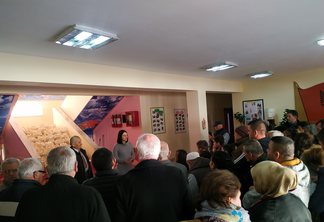
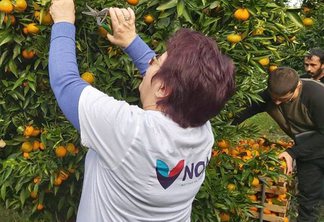
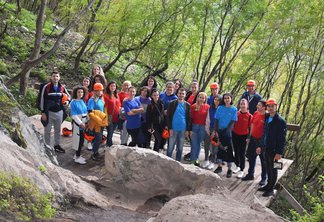
1 Year Loan for Individuals
23.04.2021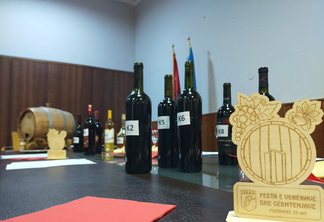
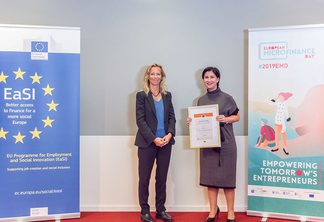
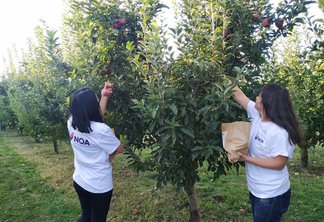

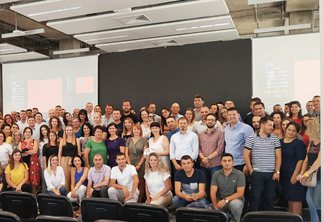
A meeting to share NOA achievements
23.04.2021
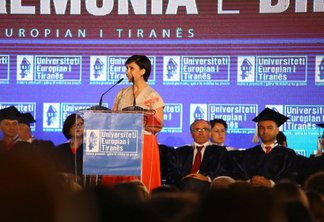


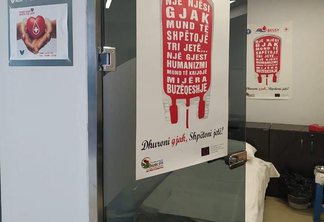
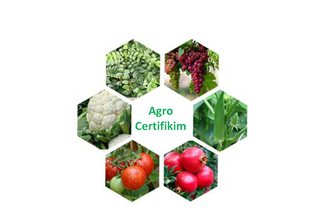
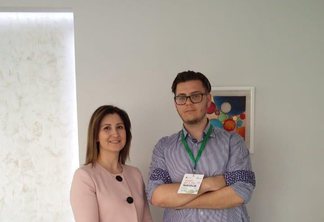
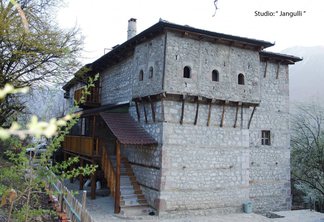
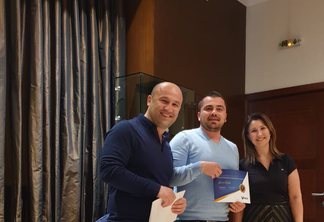
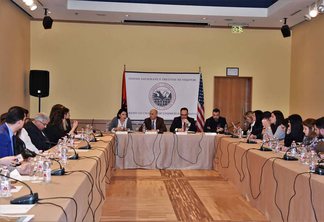
NOA takes part in the business forum
23.04.2021
